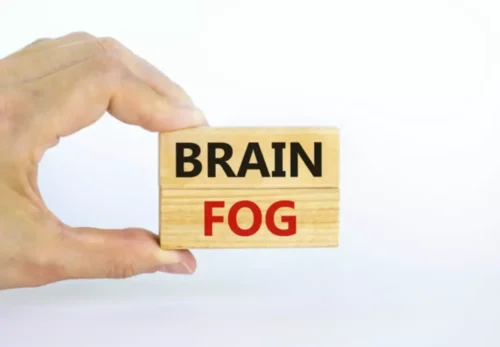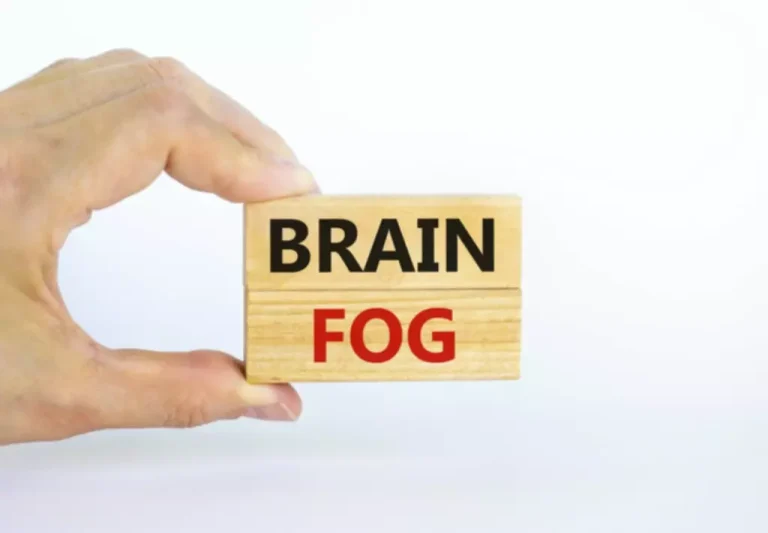
Yes, that’s right, your favorite adult beverage may just be the secret weapon you need to combat that stuffy nose and congestion. So, if you’re looking for an unconventional way to clear out your sinuses and breathe a little easier, grab a drink and let’s explore the surprising benefits that alcohol can have on congestion. On top of those reasons, the individual may have an alcohol intolerance.
What to know about a sore throat after drinking

Sinus congestion that clears up within a day or so after drinking alcohol typically poses no cause for concern. You might try switching the type or brand of alcoholic beverage you typically drink or the foods you eat along with your drink to see if you can avoid this unpleasant symptom. Alcohol acts as a diuretic, meaning you lose increased amounts of body water through your kidneys. This can potentially lead to dehydration with increased thickness of the mucus in your nose and sinuses that might lead to congestion. The chemicals in alcoholic beverages can damage the cells in these areas and increase the likelihood of cancerous growth.
Does Drinking Alcohol Cause Nasal Congestion?
Furthermore, excessive alcohol consumption can impair the immune system, making it more difficult for the body to fight off infections that may be contributing to congestion. About 36% of people of East Asian (e.g., Chinese, Japanese, or Korean) descent have a genetic impaired ability to metabolize alcohol, but this can also occur in non-Asians. Even after drinking a small amount of alcohol, they typically experience facial flushing, a rapid heart rate, and nasal and sinus congestion. This is sometimes referred to as alcohol flushing response or alcohol flush reaction. This is normal and it’s why you typically feel warm after a drink or two. Drinking alcohol can also lead to some nasal congestion, but this clears up quickly in most people.

Alcohol Intolerance vs. Allergy
- Reactions can vary in severity and are generally more serious than intolerances.
- This dilation can help alleviate congestion by allowing for increased blood flow and improved airflow through the nose.
- After the alcohol has been broken down into acetate, it is converted into water and carbon dioxide and expelled from the body.
- High sugar content isn’t just limited to mixed drinks; wine can also contain more sugar than you may expect.
- Be aware, however, that labels might not list all ingredients.
- Examples of conditions that can cause alcohol intolerance or sensitivity are outlined below.
Having a mild intolerance to alcohol or something else in alcoholic beverages might not require a trip to a doctor. Simply avoid alcohol, limit how much you drink or avoid certain types of alcoholic beverages. This effect can also make you feel hot when you drink alcohol, but it can also lead to short-term nasal congestion. The blood vessels around your nasal cavity can expand, making it a bit more difficult to breathe normally. It has been known for a long time that people with asthma are more sensitive to alcohol. One study found that over 40% of people with asthma report allergic-type symptoms (e.g., nasal symptoms, itching, face swelling), and that up to 35% report that alcohol worsens their asthma.
What causes my stuffy nose after drinking alcohol?
- Irritants in the air, such as tobacco smoke, perfume, dust and car exhaust, also can cause these symptoms.
- Symptoms of an allergy or intolerance to beer may occur because you have a sensitivity to an ingredient in beer.
- When we think about alcohol tolerance, we often think of the number of drinks a person can handle before getting giggly or slurring words.
- Your skin’s reaction can help them learn if you have an allergy.
But experts do know that nonallergic rhinitis happens when blood vessels in the nose expand. These blood vessels fill the tissue that lines the inside of the nose. For instance, the nerve endings in the nose might react to triggers too easily. Health care providers often first make sure a person’s symptoms aren’t caused by allergies. So you may need skin or blood tests to find out if nasal congestion from alcohol you have allergic rhinitis.
Blood Test

It is generally recommended that you avoid drinking alcohol if you are suffering from any kind of sinus infection or similar condition. Because of the impact drinking alcohol has on the sinuses when healthy, alcohol can exacerbate sinus infections. This is largely due to the fact that sinus infections can leave you dehydrated while alcohol continues to dehydrate you leading to worsening sinus symptoms.
Sulfur dioxide is another closely related chemical that can trigger reactions in some people. If you have an allergy, your immune system over-reacts to contact with a trigger or “allergen.” If you have an alcohol allergy, your immune system treats alcohol as a threat. It responds to alcohol by producing antibodies known as immunoglobulin E (IgE).
Reactions can vary in severity and are generally more serious than intolerances. The good news is that alcohol intolerance isn’t too much of a concern. The bad news is that you can’t really do much about it, or that unwelcome nasal congestion that comes along with it, aside from just not drinking alcohol. If considering using alcohol as a remedy for congestion symptoms, it is important to do so in moderation and in consultation with a healthcare professional.

While alcohol may provide a temporary sensation of relief due to its ability to dilate blood vessels, this effect is likely short-lived and does not address the underlying cause of congestion. Additionally, consuming excessive amounts of alcohol can have negative health effects and may even worsen congestion symptoms in the long run. In conclusion, alcohol and sinuses have a close relationship in a variety of ways. The consumption of alcohol creates reactions in the body that lead to swelling of the sinuses and thickening of the mucus membrane. In some cases, this can lead to serious complications such as obstructed airways due to allergies. If you experience sinus pain after drinking alcohol, it is best to consult a doctor to determine the cause to avoid serious injury.
